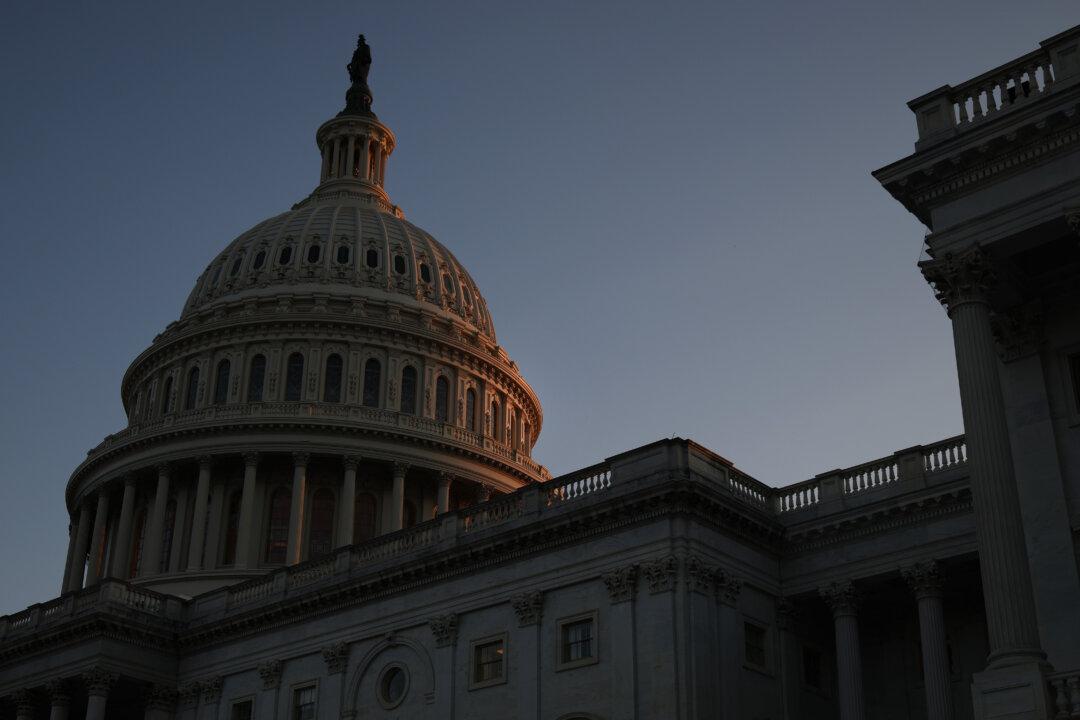News Analysis
The passage of the $1.2 trillion Infrastructure Investment and Jobs Act by the Senate on Tuesday came after months of political wrangling and negotiation. From its introduction to its final approval, the bill underwent several minor changes, like the deletion of certain words, the addition of new policies or programs, or the expansion of policies and programs already in the bill.





